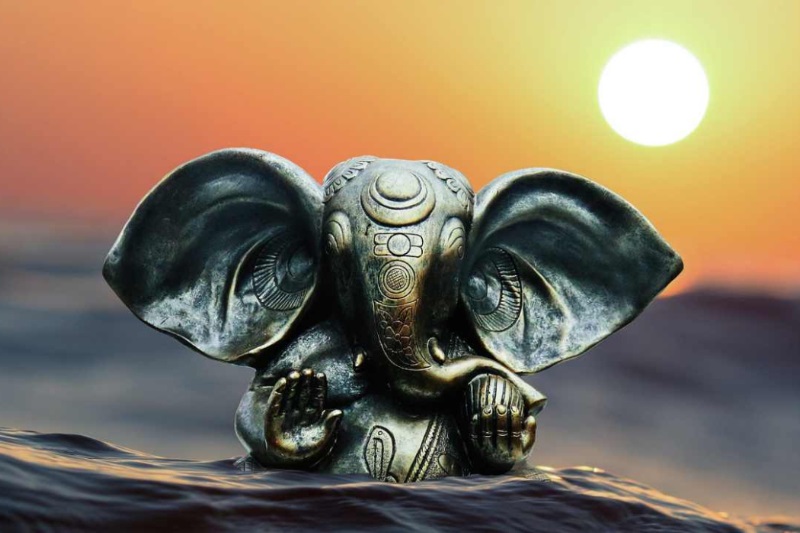- Sponsored -
Ganesh Chaturthi: History, significance and importance of the festival

Ganpati was initially a small scale event that was designed to provide a cover for freedom fighters and has now grown to become the most celebrated festival in Maharashtra, preparations for which begin months ago. Life size idols of Ganpati are made and worshipped over a span of 12 days and eventually immersed in the ocean with a hope of welcoming him again next year. Ubiquitous processions of people with saffron headgear playing dhol tasha and the idols of the Lord making their way to the countless pandals dot the roads of every town and city in Maharashtra. Pandals are set up with money collected from small neighbourhoods or shops or in building societies. Ganesha is invoked for blessings at the start of any endeavour as the lord of good beginnings. Although the Marathas used to worship Lord Ganesh prominently, Ganeshotsav did not become a sarvajanik or a community festival till 1892.
- Sponsored -
Ganesh Chaturthi was started by the freedom fighter and social reformer Bal Gangadhar Tilak, to bring in a feeling of unity among the people, as a mass community event. He installed his own idol. In 1894, following up next year with public celebrations of Chhatrapati Shivaji Jayanti as well. With these two events, Tilak lent scale to the freedom movement. The festival is not only about prayers and offerings to the Lord but also about a lot of cultural activities like singing, dancing, orchestra and theatre performances. After freedom, the festival changed the shape and became a celebration of prosperity and pleasant gatherings. The festival also attracts foodies from everywhere with mouth-watering delicacies like modak which is a dumpling of rice or flour stuffed with grated jaggery, coconuts and dry fruits. Karanji is a similar dish which makes for an indispensible part of the celebrations.
Ganesh Chaturthi marks the birth of Lord Ganesha. Processions are carried out in infinite numbers of idols of Lord Ganesha. Each little quarter of the town, each family with its adherents, each little street corner organises a procession of its own and the poorest may be seen carrying on a simple plank with their little idol or of paper mache. A crowd, more or less accompanies the idol, clapping their hands and rising cries of joy.
The fervour of Ganesh Chaturthi, the day Lord Ganesha makes his way to the homes and pandals across the country will soon give way to the visarjan processions chanting Ganpati Bappa Morya, Pudhchya varshi laukar ya. But for Maharashtra, Ganesh is our own God—he stays in our collective conscience year in and year out. Every year artisans and sculptors from across the country work to outdo each other to put together splendid pandals and larger than life idols, adding to the festive air that grips the city every Ganeshotsav.
- Sponsored -
